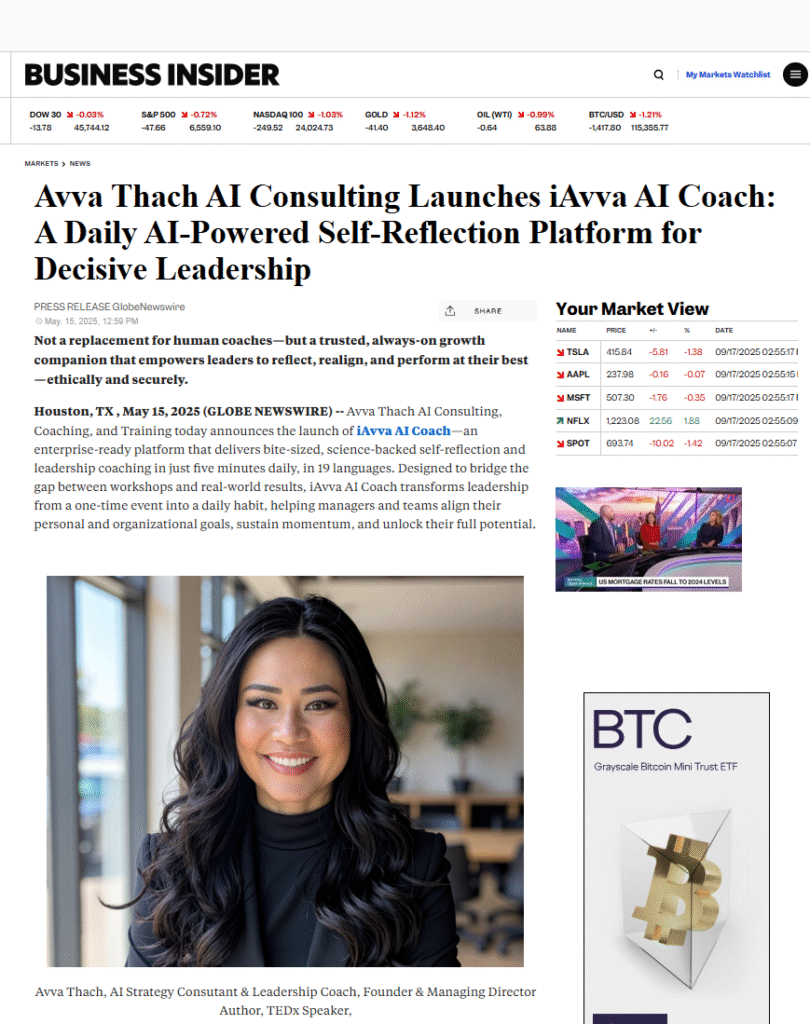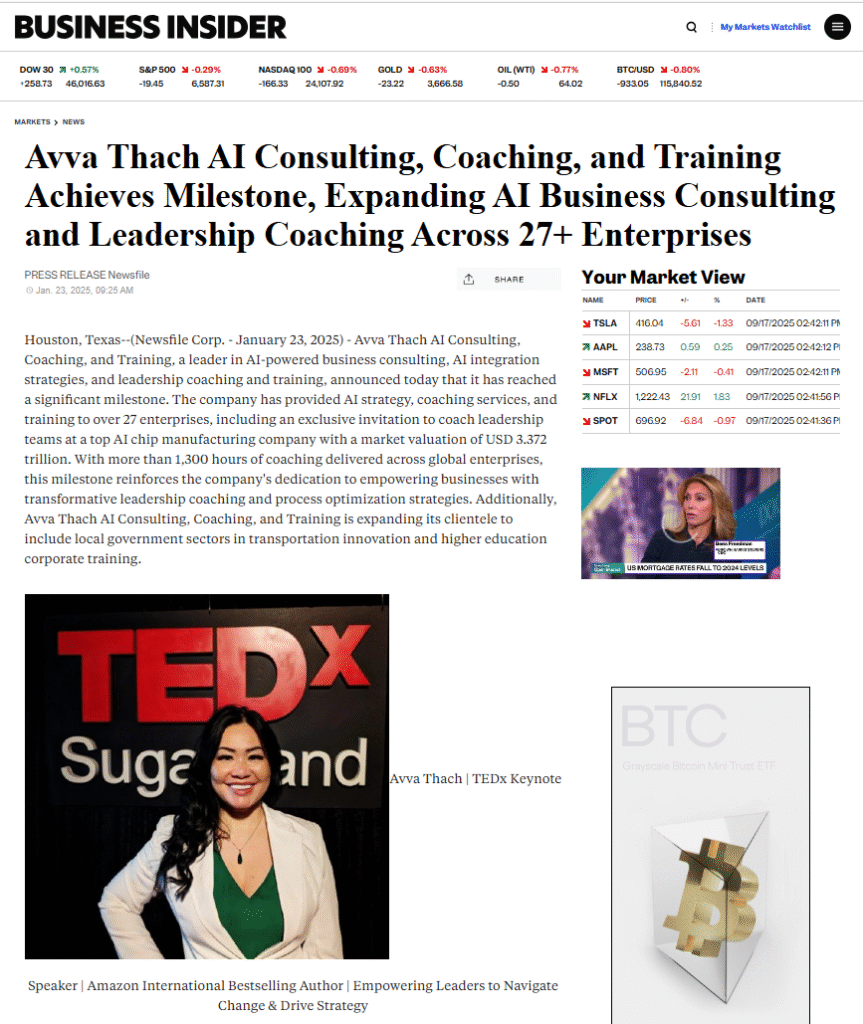In the rapidly evolving landscape of technology, machine learning (ML) has emerged as a transformative force, reshaping industries and redefining the way organizations operate. At its core, machine learning is a subset of artificial intelligence that enables systems to learn from data, identify patterns, and make decisions with minimal human intervention. This capability is not just a technological advancement; it represents a paradigm shift in how businesses can leverage data to drive efficiency, innovation, and strategic decision-making.
As we delve into the intricacies of machine learning, it becomes evident that its implications extend far beyond mere automation; they touch upon the very essence of leadership and organizational dynamics. The integration of machine learning into business processes is not merely about adopting new tools; it is about rethinking leadership itself. As organizations grapple with the complexities of a data-driven world, leaders must embrace machine learning as a vital ally in their quest for excellence.
This article explores the multifaceted impact of machine learning on leadership, highlighting its potential to enhance decision-making, foster talent development, and improve customer engagement. By understanding and harnessing the power of machine learning, leaders can position their organizations for success in an increasingly competitive landscape. For the latest tech gadgets, Visit iAvva Store today.
Key Takeaways
- Machine learning is transforming leadership by enhancing decision-making and predictive analysis capabilities.
- It plays a crucial role in talent management, employee development, and personalized leadership growth.
- Machine learning improves customer engagement by enabling more tailored and responsive experiences.
- Ethical considerations and challenges must be addressed to effectively implement machine learning in leadership.
- Embracing machine learning is essential for future-ready leadership and organizational transformation.
Understanding the Impact of Machine Learning on Leadership
The advent of machine learning has ushered in a new era for leadership, characterized by data-driven insights and enhanced decision-making capabilities. Leaders are no longer solely reliant on intuition or experience; they now have access to vast amounts of data that can inform their strategies and actions. This shift necessitates a reevaluation of traditional leadership models, as the ability to interpret and leverage data becomes paramount.
Leaders who embrace machine learning can gain a competitive edge by making informed decisions that are grounded in empirical evidence rather than conjecture. Moreover, machine learning empowers leaders to foster a culture of innovation within their organizations. By utilizing predictive analytics and data-driven insights, leaders can identify emerging trends and opportunities, enabling them to stay ahead of the curve.
This proactive approach not only enhances organizational agility but also encourages teams to experiment and innovate without the fear of failure. In this context, machine learning serves as a catalyst for transformative leadership, enabling leaders to inspire their teams to embrace change and pursue new avenues for growth.
How Machine Learning is Changing Decision-Making Processes

Machine learning is revolutionizing decision-making processes across various levels of an organization. Traditionally, decision-making has been a time-consuming process, often influenced by biases and limited information. However, with the advent of machine learning algorithms that can analyze vast datasets in real-time, leaders can make more informed decisions faster than ever before.
Furthermore, machine learning enhances the quality of decision-making by minimizing cognitive biases that often cloud judgment. By relying on data-driven insights rather than gut feelings or anecdotal evidence, leaders can approach challenges with a clearer perspective.
This shift not only improves the accuracy of decisions but also fosters a culture of accountability within organizations. When decisions are backed by data, teams are more likely to align with organizational goals and objectives, leading to improved performance and outcomes.
The Role of Machine Learning in Predictive Analysis for Leadership
Predictive analysis powered by machine learning is transforming how leaders anticipate future trends and challenges. By analyzing historical data and identifying patterns, machine learning algorithms can forecast potential outcomes with remarkable accuracy. This capability allows leaders to make proactive decisions rather than reactive ones, positioning their organizations for success in an unpredictable environment.
For instance, in industries such as finance or healthcare, predictive analytics can help leaders identify risks and opportunities before they materialize, enabling them to allocate resources effectively and mitigate potential threats. Moreover, predictive analysis enhances strategic planning by providing leaders with insights into market dynamics and consumer behavior. By understanding how external factors may influence their organizations, leaders can develop strategies that are not only responsive but also anticipatory.
This forward-thinking approach fosters resilience and adaptability within organizations, ensuring they remain competitive in an ever-changing landscape. As machine learning continues to evolve, its role in predictive analysis will only become more critical for effective leadership.
Leveraging Machine Learning for Talent Management and Employee Development
| Metric | Description | Impact on Leadership | Example Use Case |
|---|---|---|---|
| Decision Accuracy Improvement | Percentage increase in decision-making accuracy due to ML insights | Leaders make more informed and data-driven decisions | Predictive analytics for market trends |
| Time Saved on Data Analysis | Reduction in hours spent analyzing data manually | Leaders can focus on strategy and innovation | Automated report generation |
| Employee Performance Prediction Accuracy | Accuracy rate of ML models predicting employee success | Improved talent management and retention | Identifying high-potential employees |
| Sentiment Analysis Accuracy | Accuracy of ML in interpreting employee feedback sentiment | Better understanding of team morale and culture | Analyzing survey responses |
| Cost Reduction in Operations | Percentage decrease in operational costs via ML optimization | Leaders can allocate resources more efficiently | Supply chain optimization |
| Leadership Development Program Effectiveness | Improvement in leadership skills measured post-ML intervention | Enhanced leadership capabilities through personalized coaching | Adaptive learning platforms |
In the realm of talent management and employee development, machine learning offers unprecedented opportunities for organizations to optimize their human resources. By analyzing employee performance data, machine learning algorithms can identify skill gaps and recommend personalized development plans tailored to individual needs. This targeted approach not only enhances employee engagement but also ensures that organizations are cultivating the skills necessary for future success.
Additionally, machine learning can streamline recruitment processes by analyzing candidate profiles and predicting their potential fit within an organization. By leveraging data-driven insights, leaders can make more informed hiring decisions that align with organizational culture and values. This not only reduces turnover rates but also fosters a more cohesive work environment where employees feel valued and supported in their professional growth.
Enhancing Customer Engagement and Experience through Machine Learning

Customer engagement is a critical component of any successful business strategy, and machine learning is playing a pivotal role in enhancing this aspect of leadership. By analyzing customer behavior and preferences, machine learning algorithms can provide insights that enable organizations to tailor their offerings to meet individual needs. This level of personalization fosters stronger relationships between brands and customers, ultimately driving loyalty and satisfaction.
Moreover, machine learning can enhance customer service by automating responses to common inquiries and predicting customer needs based on historical interactions. This not only improves efficiency but also allows human agents to focus on more complex issues that require empathy and critical thinking. As organizations leverage machine learning to enhance customer engagement, leaders must remain attuned to the importance of maintaining a human touch in their interactions with customers.
Machine Learning for Personalized Leadership Development
The application of machine learning extends beyond operational efficiencies; it also holds significant potential for personalized leadership development. By analyzing data on leadership styles, team dynamics, and organizational culture, machine learning algorithms can provide insights into effective leadership practices tailored to individual leaders’ strengths and weaknesses. This personalized approach empowers leaders to develop their skills in ways that resonate with their unique contexts.
Furthermore, machine learning can facilitate continuous feedback loops within organizations, allowing leaders to receive real-time insights into their performance and areas for improvement. This iterative process fosters a culture of growth and development where leaders are encouraged to embrace feedback as a tool for enhancement rather than criticism. As organizations prioritize personalized leadership development through machine learning, they cultivate a new generation of leaders equipped to navigate the complexities of modern business environments.
The Ethical Considerations of Machine Learning in Leadership
As organizations increasingly rely on machine learning to inform decision-making processes, ethical considerations must take center stage in discussions about its implementation in leadership. The use of algorithms raises questions about bias, transparency, and accountability—issues that leaders must address proactively to maintain trust among stakeholders. For instance, if machine learning algorithms are trained on biased data sets, they may perpetuate existing inequalities within organizations or lead to discriminatory practices in hiring or promotions.
Leaders must prioritize ethical considerations by establishing guidelines for the responsible use of machine learning technologies. This includes ensuring diversity in training data sets, implementing regular audits of algorithms for bias detection, and fostering transparency in how decisions are made based on machine learning insights. By addressing these ethical challenges head-on, leaders can harness the power of machine learning while upholding their commitment to fairness and inclusivity within their organizations.
Overcoming Challenges in Implementing Machine Learning in Leadership
While the potential benefits of machine learning are substantial, organizations often face challenges when implementing these technologies within leadership frameworks. One significant hurdle is the resistance to change among employees who may fear job displacement or feel overwhelmed by new technologies. Leaders must address these concerns by fostering a culture of collaboration where employees understand that machine learning is intended to augment their capabilities rather than replace them.
Leaders must invest in training programs that equip employees with the skills necessary to leverage these technologies effectively. By prioritizing education and fostering an environment where experimentation is encouraged, organizations can overcome implementation challenges and unlock the full potential of machine learning in leadership.
The Future of Machine Learning in Leadership
As we look ahead, the future of machine learning in leadership appears promising yet complex. The rapid pace of technological advancement will continue to reshape how leaders operate within organizations. As machine learning algorithms become more sophisticated, they will enable leaders to make increasingly nuanced decisions based on real-time data analysis.
Moreover, the integration of machine learning with other emerging technologies such as blockchain and the Internet of Things (IoT) will further enhance its impact on leadership practices. Leaders who embrace these advancements will be better positioned to navigate the complexities of an interconnected world while driving innovation within their organizations.
Embracing the Potential of Machine Learning for Leadership Transformation
In conclusion, the integration of machine learning into leadership practices represents a transformative opportunity for organizations seeking to thrive in an increasingly competitive landscape. By leveraging data-driven insights to inform decision-making processes, enhance talent management strategies, and improve customer engagement efforts, leaders can position their organizations for sustained success. However, this transformation requires a commitment to ethical considerations and a willingness to embrace change at all levels of the organization.
As leaders navigate this new terrain, they must prioritize collaboration between humans and machines—recognizing that while machine learning serves as a powerful tool for augmentation, it is ultimately human insight and creativity that will drive meaningful change. By embracing the potential of machine learning for leadership transformation, organizations can cultivate a future where innovation flourishes, employees thrive, and customers experience unparalleled engagement—all while navigating the complexities of an ever-evolving business landscape.
In the evolving landscape of leadership, machine learning plays a pivotal role in enhancing decision-making and operational efficiency. A related article that delves into the intersection of AI and leadership is titled “Nvidia’s $1.5B AI Chip Deal: What It Means for Corporate Training, Leadership, and Digital Transformation.” This piece explores how significant investments in AI technology are reshaping corporate training and leadership strategies, ultimately driving digital transformation across various industries. You can read the full article [here](https://iavva.ai/ai-transformation/nvidias-1-5b-ai-chip-deal-what-it-means-for-corporate-training-leadership-and-digital-transformation-2/).
FAQs
What is machine learning in leadership?
Machine learning in leadership refers to the application of machine learning algorithms and techniques to enhance decision-making, strategy development, and overall leadership effectiveness within organizations.
How can machine learning benefit leaders?
Machine learning can help leaders by providing data-driven insights, predicting trends, automating routine tasks, improving talent management, and enabling more informed and timely decisions.
What types of machine learning are commonly used in leadership?
Supervised learning, unsupervised learning, and reinforcement learning are commonly used. These methods help analyze data patterns, segment teams, forecast outcomes, and optimize leadership strategies.
Can machine learning replace human leadership?
No, machine learning is a tool that supports leaders by augmenting their capabilities. Human judgment, emotional intelligence, and ethical considerations remain essential components of effective leadership.
What are some challenges of implementing machine learning in leadership?
Challenges include data quality and privacy concerns, algorithmic bias, the need for technical expertise, resistance to change within organizations, and ensuring transparency and accountability in decision-making.
How does machine learning improve talent management?
Machine learning can analyze employee performance data, predict turnover risks, identify skill gaps, and recommend personalized development plans, helping leaders manage and develop their teams more effectively.
Is machine learning in leadership applicable to all industries?
Yes, machine learning can be applied across various industries such as finance, healthcare, technology, manufacturing, and retail to improve leadership decisions and organizational outcomes.
What skills do leaders need to effectively use machine learning?
Leaders should have a basic understanding of data analytics, machine learning concepts, and the ability to interpret algorithmic outputs. They also need strong communication skills to integrate insights into strategic decisions.
How does machine learning impact ethical leadership?
Machine learning raises ethical considerations such as fairness, transparency, and accountability. Leaders must ensure that algorithms are used responsibly and do not perpetuate biases or unfair practices.
Where can I learn more about machine learning in leadership?
You can explore academic journals, industry reports, online courses, and books focused on artificial intelligence, data science, and leadership to gain deeper insights into the integration of machine learning in leadership practices.





















Leave a Reply